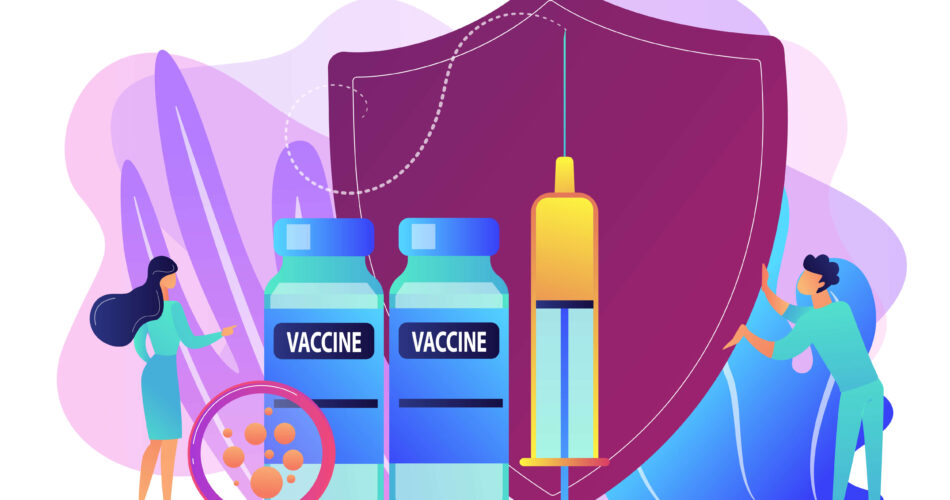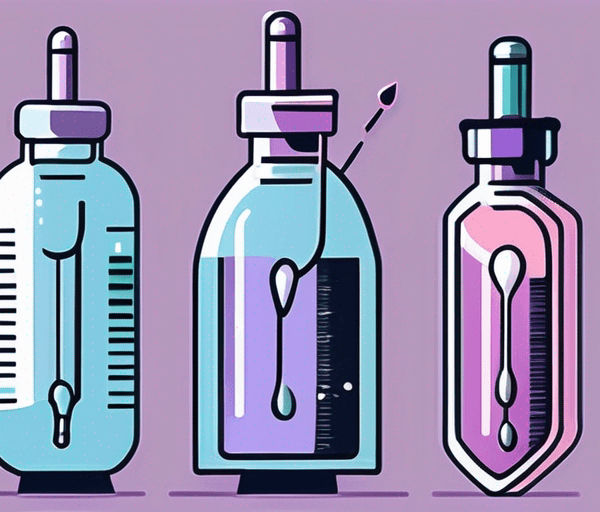In the realm of public health, vaccinations play a pivotal role in preventing the spread of infectious diseases. Some of the preventative measures are the hep vaccines or hepatitis vaccines, which are crucial for combating the global burden of hepatitis. Vaccines for hepatitis are important to safeguard a community from possible widespread of the condition. That’s why the usage of vaccines is recommended by doctors to everyone, which must start at the earliest, such as at birth.
Whether or not there’s an existing hepatitis virus threat in your community, it is important to protect oneself from the virus. Hep vaccines are just some of the suitable ways to do that. In today’s blog, we’ll be discussing the different available vaccines for hepatitis. Discover why receiving doses of this vaccine can help promote safety and healthy liver. Let’s begin!
Understanding Hepatitis

Hepatitis is a medical condition characterized by the inflammation of the liver, typically caused by a viral infection. There are five main hepatitis viruses, referred to as types A, B, C, D, and E. Each can be detrimental to one’s health, especially the liver. The viral infection that results in hepatitis can result in the inflammation of the liver. When not addressed immediately, it can be fatal as it can lead to chronic liver diseases such as liver cirrhosis and liver cancer.
Transmission methods vary among the different types of Hepatitis. Hepatitis A and E are typically caused by the ingestion of contaminated food or water. Meanwhile, Hepatitis B, C, and D usually occur as a result of parenteral contact with infected body fluids. Common modes of transmission for these viruses may include the following:
- receipt of contaminated blood or blood products
- invasive medical procedures using contaminated equipment
- transmission from mother to baby at birth or from a family member to child
- sexual contact
Importance of Hep Vaccines

Hep vaccines are vital for a safe and effective prevention of the disease. They offer the best protection against the hepatitis a virus and hepatitis b virus. At the same time, the hep vaccines can reduce the increased risks of individuals regarding the possible progression of conditions to a chronic type. For instance, hepatitis B infection is known for its inflammatory effect, which if not addressed immediately, can progress to chronic hepatitis B. Such progression means a high risk of developing severe liver diseases like liver cancer. With the vaccine, patients can ensure protection to their liver health.
Aside from that, another importance of hep vaccines is it sets the health journey of the young children during their early stages. Children at that age don’t have a strong immune system, which means exposure to the different transmission methods can put their health at risk. When there’s the complete protection from all the needed doses, children can grow with a healthier body and liver as risks are prevented.
Currently, there are hepatitis b vaccines and hepatitis a vaccines that have been developed and are widely available. Unfortunately, there is currently no vaccine for Hepatitis C, but research is ongoing. However, early detection and treatment can prevent liver damage, cirrhosis, and even liver cancer.
How Hep Vaccines Work
When it comes to the hep vaccines, these medical tools can stimulate the body’s immune system to produce an immune response, including the production of antibodies for fighting off hepatitis infections. The vaccines contain an inactivated form of the virus or a part of the virus (like a protein) that triggers this immune response.
It’s important to note that the vaccines do not contain live viruses, so they cannot cause the disease. They simply prepare the immune system to fight off the infection if the person is exposed to the virus in the future.
Getting Vaccinated

Who Should Get Vaccinated?
Everyone can benefit from getting vaccinated against Hepatitis A and B. However, certain groups of people are at a higher risk and should definitely consider getting vaccinated. These include travelers to certain countries, people with certain medical conditions, people who use intravenous drugs, men who have sex with men, and healthcare workers.
For Hepatitis B, it is recommended that all infants receive the vaccine. Adults who didn’t receive the vaccine as children should also consider getting vaccinated, especially if they are at risk.
When to Get Vaccinated
The Hepatitis A vaccine is typically given in two doses. It is ideal for children to have their first shot of hepatitis A vaccine during their 12 – 23 months since birth. Afterwards, the second dose will occur after 6 months of the first shot. Although, this hep vaccine doesn’t mean that it is only required for children. Hep vaccines for hepatitis A virus or HAV infection are also important for adult patients, who haven’t received their immunization yet.
Meanwhile, the doses of the hepatitis B vaccine are usually given in three doses. Just like the hep vaccines for hepatitis A, hepatitis b vaccine is also applicable for all ages. Birth dose is the first scheduled vaccination for hepatitis b. Then after a month, the next shot will take place. Lastly the final dosage will occur after 6 months for an ultimate level of protection against hepatitis b virus or HBV.
For travelers, it’s recommended to get vaccinated at least two weeks before travel as it takes a couple of weeks for the vaccine to provide protection.
Side Effects of Vaccination
Like any medication, vaccines can cause side effects. The side effects of Hepatitis A and B vaccines are usually mild and go away on their own. They may include soreness at the injection site, headache, tiredness, loss of appetite, and low-grade fever.
Severe allergic reactions are rare. If they do occur, they usually happen within a few minutes to a few hours after the vaccination.
Prevention Beyond Vaccination
While vaccination is the most effective way to prevent Hepatitis A and B, other measures can also help reduce the risk. These include practicing good hygiene and sanitation, avoiding sharing personal items, practicing safe sex, and avoiding risky behaviors like injecting drugs.
For Hepatitis C, since there is no vaccine available, prevention focuses on safe injection practices, safe handling of sharps, and safe blood transfusion.
Conclusion
Understanding the importance of hep vaccines and how they work is the first step towards taking charge of your health. Vaccination not only protects you from potentially severe and life-threatening diseases but also contributes to the prevention and control of viral hepatitis epidemics. So, get vaccinated, stay safe, and take charge of your health.
Book an online consultation with a hepatologist for the recommended schedule of immunization.
Hepatitis Vaccines Quiz
Test your knowledge about hepatitis vaccines



